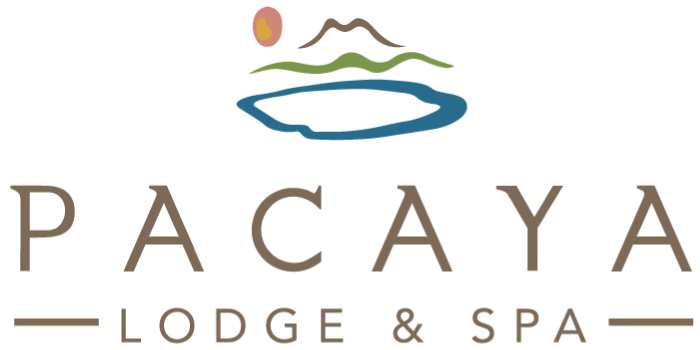Pacaya Lodge & Spa featured in Miami Herald, El Paso Times, and others
This month, Pacaya Lodge was profiled in more than two dozen US newspapers including Miami Herald, El Paso Times, and The Buffalo News, among others. The article appears in its entirety below:Cooper Cary-designed Pacaya Lodge & Spa Employs Nicaraguan Locals, Trains Students

This year, 48 Nicaraguan high school students, the first graduating class from Opportunity International Nicaragua’s Emprendedora, cheered as they accomplished a feat they never thought possible: earning a valuable education in hospitality management and service. Throughout their schooling, many of the students gained useful hospitality experience at the Cooper Carry-designed Pacaya Lodge & Spa, an eco-resort featuring 26 luxury villas nestled into the lush surroundings of Laguna de Apoyo, a picturesque volcanic lake overlooking the historic city of Granada in Nicaragua.
The nearby technical high school, which supports over 300 rural students, was conceived and brought to life in conjunction with the eco-resort – a pioneering vision led by Atlanta-based developer David Allman, the founder and chairman of Regent Partners. Also sited and planned by Cooper Carry, the high school focuses on two of Nicaragua’s most profitable sectors: agriculture and hospitality. The resort and school are located less than an hour drive from Augusto C. Sandino International Airport in Managua.
Portions of the high-end resort’s funds are reinvested into the school. This unique model represents a disruptive approach to charity by dramatically impacting the cycles of poverty in third-world countries.
“This model makes money with the poor, not ‘for-the-poor’ or ‘on-the- poor’,” Allman said. “Pacaya Lodge & Spa is an incredible example of how for-profit business investment can have an impactful, lasting effect on an entire region where years of charity work alone would fail.”
The resort, which opened in March 2016, employs 35 locals and provides internship opportunities for students in their senior year.
“This innovative partnership between the resort and school arms the impoverished community with the tools to grow and support its own economy,” said Pope Bullock, principal with Atlanta-based design firm Cooper Carry, which provided pro-bono design services for the venture. “Our team was tasked with designing a resort that looked like it was always there, like a natural extension of the topography and local culture. This is a project for the community, and we wanted it to feel like theirs.”
Cooper Carry interfaced with local architect, Patricia Somarriba, to incorporate indigenous Nicaraguan architecture using local materials from nearby craftsmen. This includes locally made furniture, art and even saltshakers on the restaurant tables.
The main building offers a great sense of arrival with a traditional Nicaraguan courtyard. The reception, bar and restaurant are open-air, immersing guests in the wonders of the surrounding natural habitat. Throughout the resort, local materials such as tile, wood and stucco abound.
The 26 open-air cottages are connected by meandering paths, gently placed in relation to the distinct topography as they slope down hill towards a zero gravity pool. Every room offers panoramic views over the jungle canopy to the volcanic lake. The resort also includes a restaurant featuring local cuisine, a spa offering private massages and indoor meeting rooms.
“This resort is perfect for travelers seeking an impactful and immersive Nicaraguan cultural experience, especially for those looking to enhance the sustainability of the local region,” Bullock said. “We purposefully limited access to power to provide guests an ‘off the grid’ stay, encouraging them to appreciate and explore their beautiful surroundings.”
Guests have the opportunity to enjoy relaxing yoga classes on the yoga deck, dig for pre-Colombian artifacts, track wildlife in the rainforest, and set sail or paddleboard on Laguna de Apoyo, the clear waters of Nicaragua’s iconic crater lake. Wedged between the towns of Masaya and Granada, guests are in easy access to the artisan’s market and Mombacho Volcano, where they can hike and zip line.
“The resort gives travelers a new and unique way to experience Nicaragua, while also economically impacting the region in a meaningful way,” Allman said. “Rather than creating a culture of dependency, as many well-intended, one-way charity models do, this collaboration between the school and resort creates a sustainable solution to help the local community. We’d like to see this model replicated in other scenic, developing regions.”



